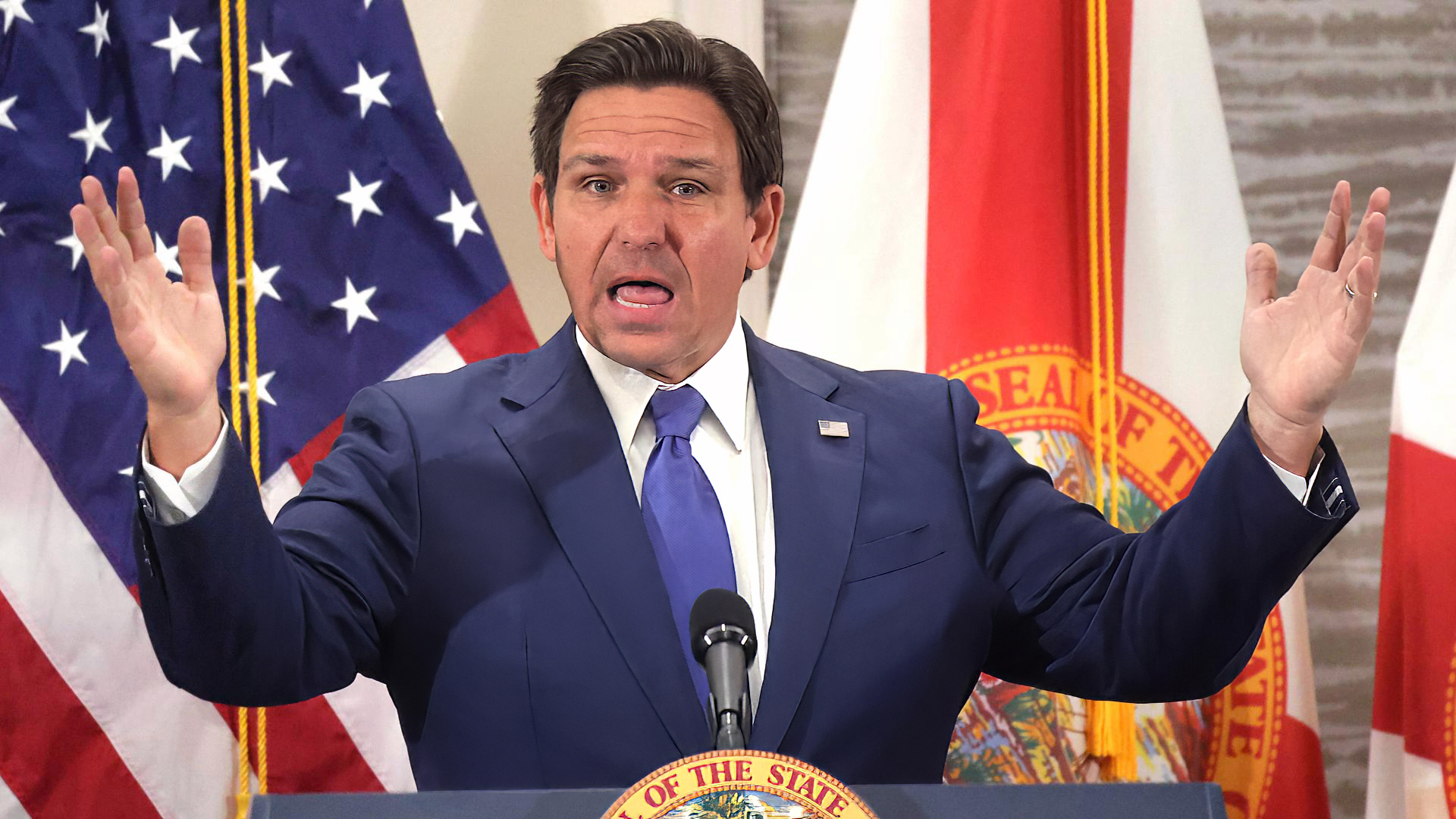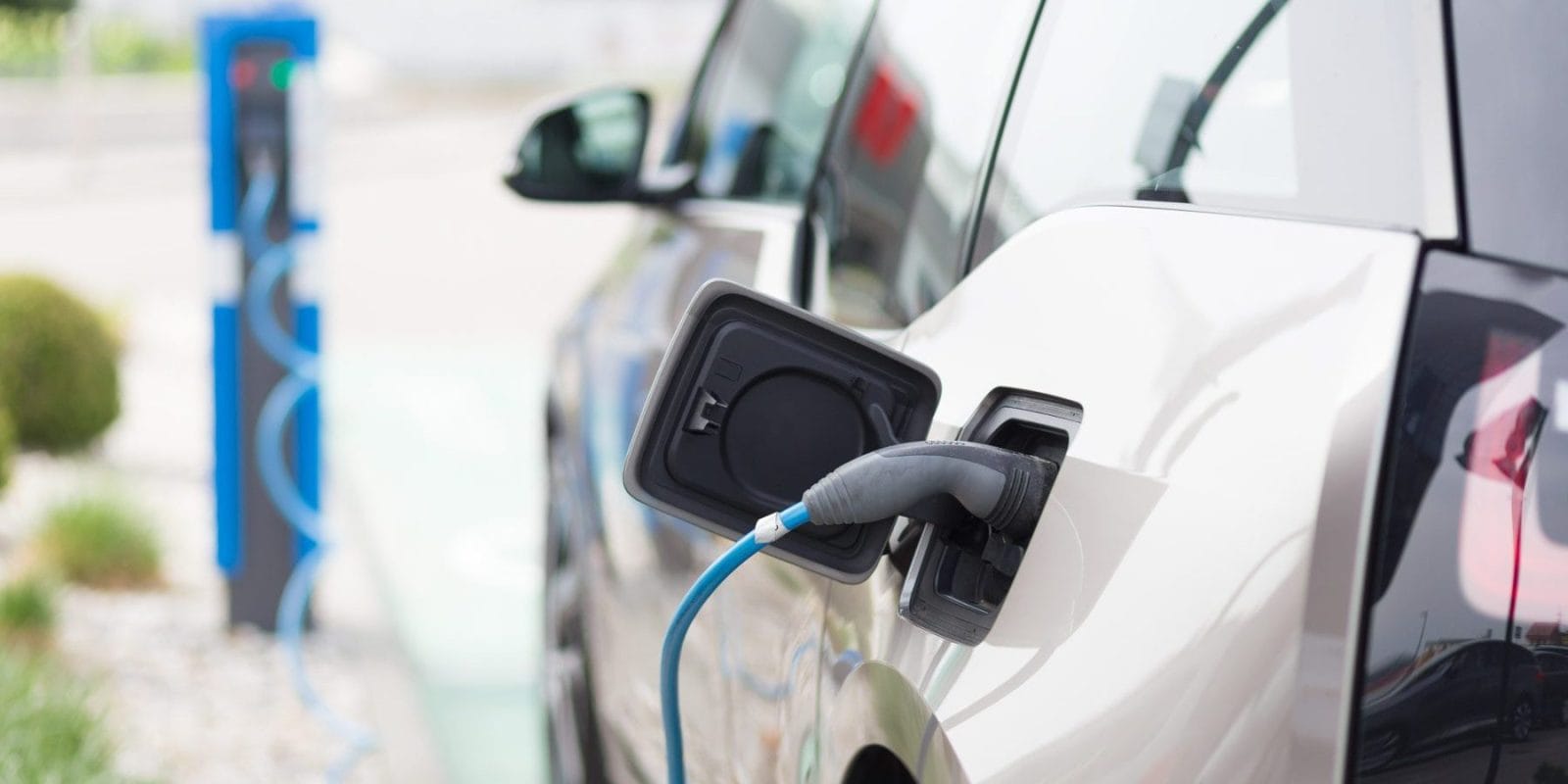With a proposed Florida budget of $115.6 billion, which would leave $14.6 billion in reserves, Gov. Ron DeSantis said fiscal responsibility will be the theme for his 2025-26 spending plan, and his budget’s name this year reflects that.
The “Focus on Fiscal Responsibility” budget represents a “significant’ reduction” over last year’s budget, DeSantis said.
“Florida’s steadfast commitment to fiscal conservatism is why we are in such good financial shape,” DeSantis said in a news release Monday. “Florida has experienced historic success by keeping government spending low while balancing significant investments in meaningful initiatives. These include expanding workforce education for high-demand jobs, providing family-first tax relief, ensuring that Florida’s students can access a quality education that fits their needs, expanding infrastructure to reduce congestion and restoring the Everglades.
“It is proof positive that when you act responsibly with taxpayers’ money, success will follow. I look forward to accomplishing even more for this state in the coming year on this firm financial footing.”
DeSantis said there have been 2.7 million new businesses launched in the state since 2019, the year he moved into the Governor’s Mansion. He added that under his administration, fiscal conservatism has helped pay down $1.7 billion in tax-supported debt while providing $2.2 billion in tax relief, all while reducing the size of government in the state.
The Legislative Session gets underway in Tallahassee March 4, during which lawmakers will craft and approve the state budget, typically with the Governor’s proposal as a guide post. DeSantis said he has his eye on continuing tax relief for Floridians by repealing the state’s business rent tax; creating a new venture capital tax credit program to spur investments in research, innovation, science and engineering; and continuing a plethora of other programs, such as back-to-school and disaster preparedness sales tax holidays.
His “Focus on Fiscal Responsibility” budget will also prioritize “home hardening programs to continue efforts to lower property insurance premiums for Floridians and help reduce the costly impacts of hurricane damage to homes across the state.”
DeSantis also pointed out he’ll emphasize primary education in kindergarten through 12th grade, as well as higher education.
While DeSantis is committed to financial restraint, he does call for expansion of services, such as disaster response and “investing in a healthier Florida.”
Post Views: 0

 Entertainment8 years ago
Entertainment8 years ago
 Entertainment8 years ago
Entertainment8 years ago
 Politics8 years ago
Politics8 years ago
 Tech8 years ago
Tech8 years ago
 Tech8 years ago
Tech8 years ago
 Tech8 years ago
Tech8 years ago
 Politics8 years ago
Politics8 years ago
 Tech8 years ago
Tech8 years ago







